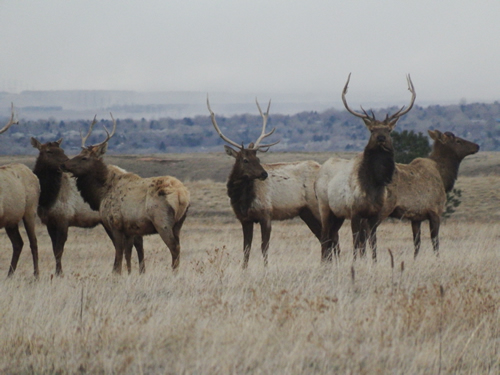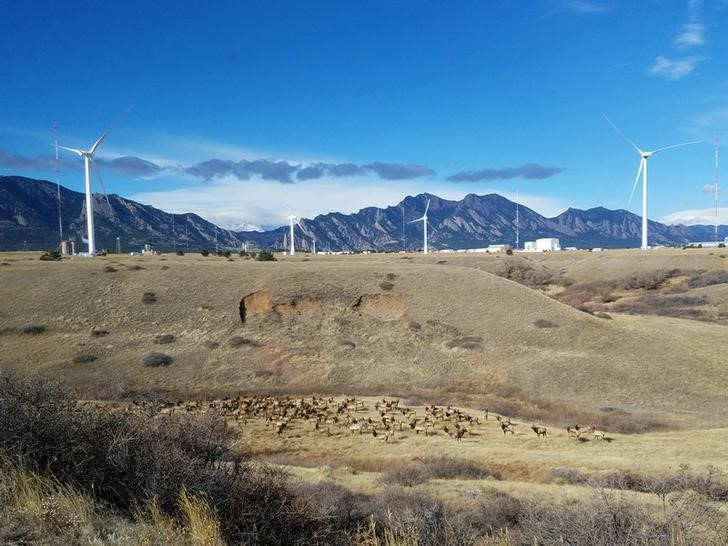Nature and Wildlife Conservation
Nature and wildlife conservation is an essential aspect of environmental protection, aiming to preserve and protect the natural habitats and ecosystems that support a diverse range of plant and animal species. This article explores the importance of conservation efforts, the challenges faced, and the various strategies employed to ensure the survival of our planet’s biodiversity.

Importance of Conservation
The importance of nature and wildlife conservation cannot be overstated. Healthy ecosystems provide numerous benefits, including clean air and water, food, medicine, and recreational opportunities. Moreover, they play a crucial role in maintaining the balance of our planet’s climate and natural processes.

Challenges in Conservation
Despite the recognized benefits, conservation efforts face numerous challenges. Habitat destruction, climate change, pollution, and poaching are just a few of the threats that endanger the survival of many species. Addressing these challenges requires a coordinated global effort and the commitment of governments, organizations, and individuals alike.
Conservation Strategies
Various strategies are employed in the field of conservation, ranging from the establishment of protected areas such as national parks and wildlife reserves to the implementation of laws and regulations that prohibit harmful practices. Additionally, education and awareness campaigns play a vital role in fostering a sense of stewardship and responsibility towards the environment.

Individual Actions for Conservation
Individuals can contribute significantly to nature and wildlife conservation by adopting sustainable practices in their daily lives. This includes reducing waste, conserving water and energy, supporting eco-friendly products, and participating in local conservation initiatives. Every small action counts towards preserving our planet’s precious ecosystems and biodiversity.

